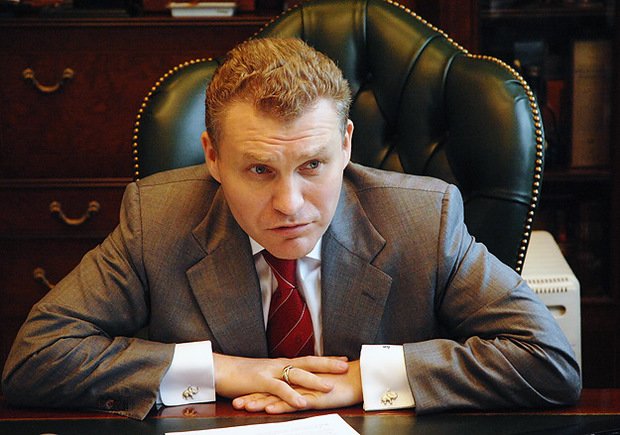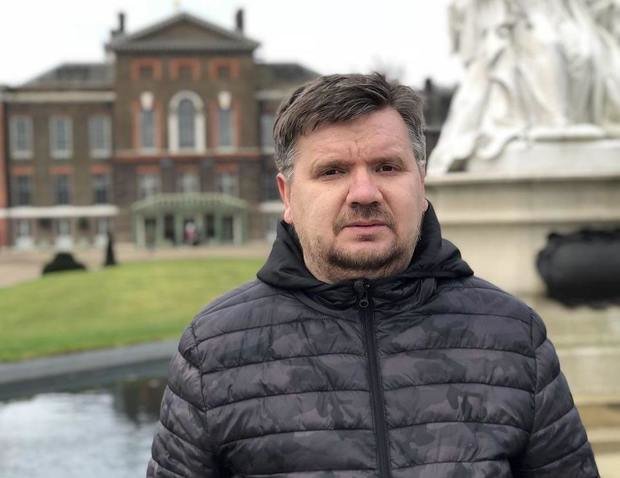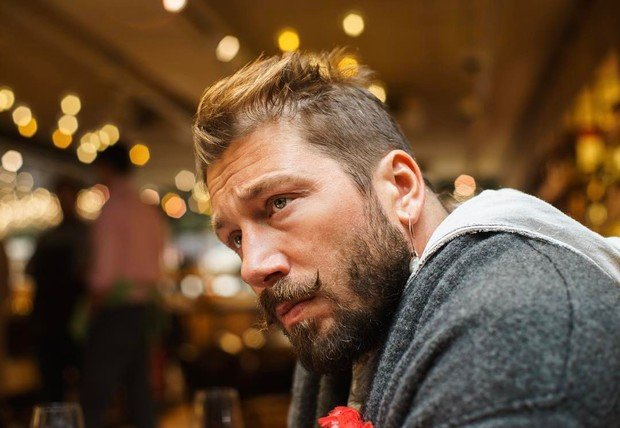Titov guarantees return of fugitive oligarchs unbeknown to them
The entrepreneur from Titov’s list who is living in London denied his decision to return to Russia
Business Ombudsman Boris Titov showed a list of 16 businessmen who were hiding abroad and allegedly expressed their readiness to be back to Russia if their problems with the authorities were solved. However, one of them said to Realnoe Vremya that his return was under big question. According to him, only help in termination of criminal cases was discussed at the recent meeting of entrepreneurs with Titov in London; they didn't speak about the ''repatriation of money and immediate move''.
16 returnees
Business Ombudsman and candidate for the presidency of Russia Boris Titov talked with the entrepreneurs who had left Russia due to real or possible criminal persecution for 4 hours in Pushkin House Russian culture centre in London on 3 February. According to The Bell, Titov persuaded them to return – he could allegedly try to solve their problems with the authorities; moreover, businesses of many entrepreneurs already temporarily stopped if not closed.
Particularly Founder of Evroset Evgeny Chichvarkin, former Vice President of Rosneft Anatoly Loktionov, ex-owner of Trast bank Ilya Yurov and others – a total of 40 people – were at the meeting. Titov's idea interested some businessmen, it is said they talked with the ombudsman personally after the meeting.
The next day Titov called Business FM the surnames of three entrepreneurs who are, he said, were ready to return to Russia – it is Loktionov and founder of Marta holding Georgy Trefilov and businessman from Perm Aleksey Shmatko. On Wednesday, the list of potential returnees expanded to 16 people already – the ombudsman made their names public at a meeting with journalists in Moscow.
The list consists of Shmatko, Trefilov, Vasily Dyakun, Vladimir Zyuzin, Konstantin Dyulgerov, Aleksey Bazhanov, Yevgeny Ryzhov, Pavel Vlasyuk, Aleksandr Delis, Yevgeny Petrov, Azamat Kildigyshev, Sergey Kapchuk, Aleksandr Baygushev, Viktor Lamash, Leonis Kurayev and Andrey Kakovkin. Loktionov isn't on the list. One businessman ''doesn't have full information, and this is why we decided not to include him'', Titov said.

Some of the entrepreneurs who were enumerated on the list are well-known, others aren't. For instance, Georgy Trefilov used to be in the top 100 richest people of Russia. In his homeland, he is accused of stealing 1,3 billion rubles from Sberbank and Surgutneftegazbank – he supposedly got this money as a loan by confusing the banks concerning the pledge and the financial state of Marta group of companies. In late 2010, there was issued an international warrant for Titov's arrest, Russia unsuccessfully sought for his extradition.
In 2009-2010, Aleksey Bazhanov occupied the post of deputy minister of agriculture. He is suspected of stealing 1,1 billion rubles from Rosagrolizing.
Vladimir Zyuzin, former owner of several firms and ex-director of Nord Oil Service, was detained in summer 2009 in connection with non-payment of taxes. As a consequence, he was abroad.
Aleksey Shmatko left the country in 2011. Russia also issued an international warrant for his arrest. He is accused of creating a criminal group and in serious fraud. According to the version of the Russian Investigative Committee, in 2005-2008, the entrepreneur wheeled and dealt with taxes. As a result, he did harm to the budget at about 50 million rubles. Russian authorities didn't manage to achieve the businessman's extradition. Very Shmatko says his case was created by the Federal Security Service after he revealed corruption facts and was in a remand centre in which he was exposed to tortures.
Wheat and chaff
Meanwhile, not everything is clear with Titov's list. Shmatko said to Realnoe Vremya the media distorted the story about the ombudsman's meeting with the entrepreneurs. According to him, the only thing they talked about at this meeting was help in termination of criminal cases, ''the repatriation of money and immediate move weren't discussed.'' Indeed, several businessmen who talked with Titov want to return to Russia. But it's the minority, Shmatko tells. He doesn't guarantee he will return if the persecution stops.

''Like one familiar character said, 'let's separate the wheat from the chaff'. The people who turned to Titov (let me speak for myself) want one thing: they want to stop the criminal persecution. Then people are free to do what they want: they will come to Russia if they want, if they don't, they won't. For instance, my mother died and was buried in Russia while I already was abroad. Of course, I'd like to see the grave, at least lay flowers. My father lives alone, he is 70, an old man. I'd likely to simply hug him. On the one hand, all people already live here. I've been living outside Russia for 7 years, my kid goes to school, our second kid who even doesn't have Russian citizenship was born,'' tells the entrepreneur.
Titov's press service hasn't yet replied to the request.
Yevgeny Chichvarkin (he left Russia in January 2009, was on the international wanted list in 2009-2011, now the case closed) wrote about the same thing on Facebook but in another way. ''Nobody discussed the list of the people who asked to return. Nobosy asked, nobody called. Neither at the meeting in the evening. I asked not to include me in any lists beforehand. I will go home in a coffin or when Putin is in it,'' he claimed.
General pardon under question
Last week the business ombudsman said he gave the list with the names of the businessmen who wished to be back to President Vladimir Putin. Titov promised he would ask to stop the international arrest of those entrepreneurs whose guilt hadn't been proved, in his opinion. Their cases can be reconsidered.
On Monday, the Kremlin's Press Secretary Dmitry Peskov said to journalists they couldn't clearly speak about the amnesty of the people from Titov's list because the decision needed to be discussed with law enforcement agencies. ''Laws of Russia, not the Kremlin, are the best guarantee of immunity of the Russian businessmen hiding in London from criminal persecution,'' Peskov added.

It should be noted Titov's negotiations on the businessmen's return are taking place while the authorities are trying to return the capitals that left the country in previous years. In late January, the State Duma approved a bill on the next capital amnesty (the previous one was in 2015-2016, however net capital outflow from Russia exceeded $77 billion). According to the bill, the new amnesty will last from this March to late February 2019. The amnesty doesn't presuppose the capital's return, in itself – it's enough if a business tells about money removal.
In addition, the Kremlin discussed the issue of ''secret'' bonds at $3 billion (it was thought the information about owners of these bonds would be unavailable for foreign countries). It was also designed as a tool to return the money of Russian businesses. However, experts noted the authorities would need the bonds just if American investors imposed a ban to purchase Russian state bonds.